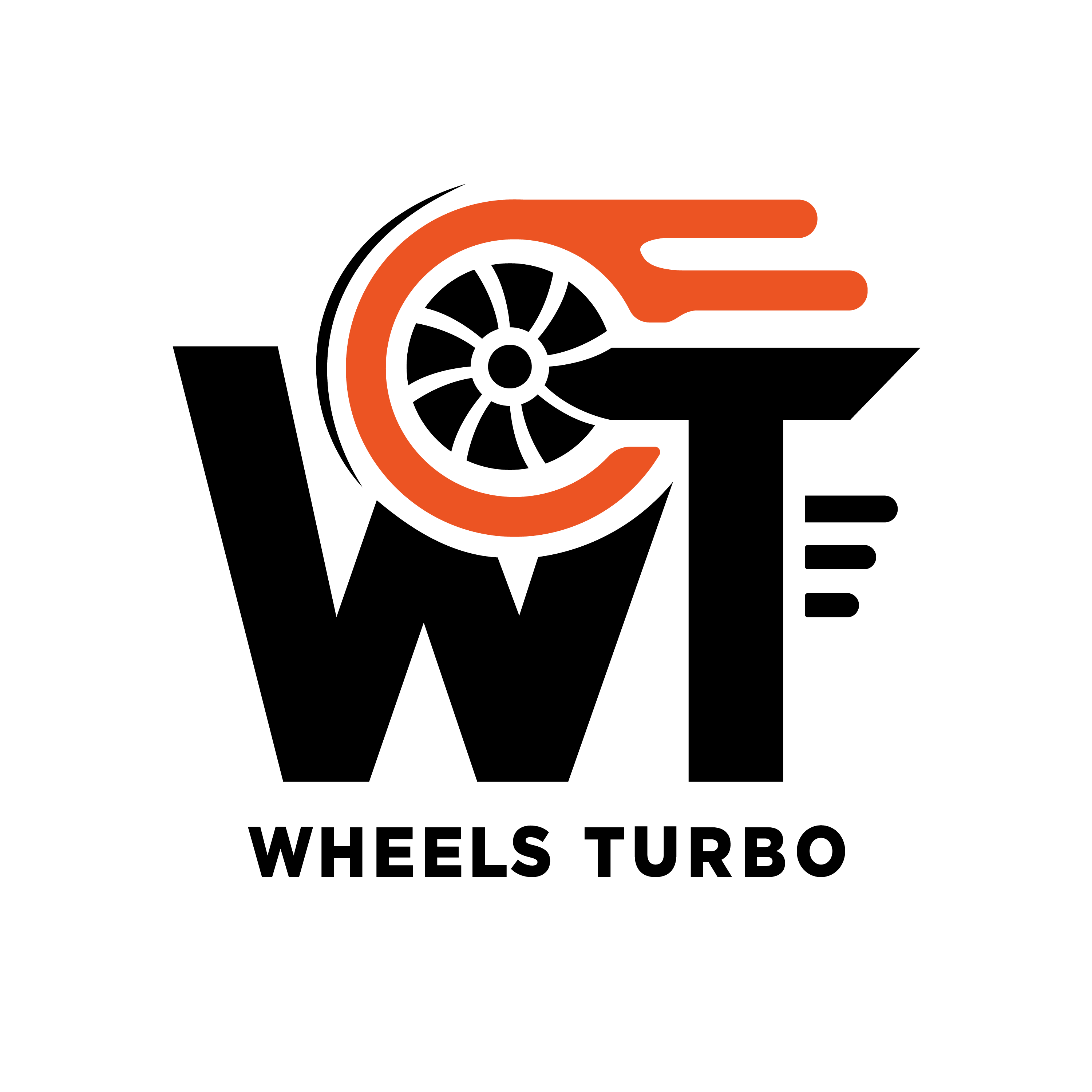The Chair of Production Engineering of E-Mobility Components (PEM) at RWTH Aachen University in Germany has completed a project to develop a laser-based drying process for battery production.
The project, “Implementation of Laser Drying Processes for Economical & Ecological Lithium-Ion Battery Production” (IDEEL) involved PEM as well as the Fraunhofer Research Institution for Battery Cell Production FFB, the Münster Electrochemical Energy Technology (MEET) Center at the University of Münster, the Fraunhofer Institute for Laser Technology (ILT) and the companies Laserline, COATEMA Coating Machinery and Optris. The consortium received funding from the German Federal Ministry of Education and Research.
“Electrode drying using the roll-to-roll process has been one of the most energy-, cost- and carbon-intensive processes in the production of lithium-ion batteries to date,” said PEM Director Professor Achim Kampker.
The process developed in the IDEEL project aims to change this by combining conventional convection drying with laser drying based on high-power diode lasers and reducing drying times by more than 60% while maintaining the same quality of results.
The project started with the design of new anode and cathode coatings using aqueous formulations based on graphite, lithium iron phosphate and silicon graphite. The hybrid drying process was designed to be used in existing systems by retrofitting them with laser modules. The system has been scaled up to a web speed of 30 meters per minute for the first time.
“The laser booster at the start of the process cuts the required furnace length in half, saving valuable process space, reducing the need for energy-intensive drying rooms, and lowering operating costs by 20 to 30 percent overall,” said PEM Management Member Professor Heiner Heimes.
“Despite the increased throughput rate, the quality is at least equivalent in terms of adhesion, residual moisture, electrical conductivity and electrochemical properties,” said Kampker. “The suitability for industrial use has therefore been fully demonstrated.”
The process developed as part of the IDEEL project will now be incorporated into the work of the Fraunhofer FFB in Münster, which is currently being expanded into a development center for battery cell production for Germany and its European partners.
Source: PEM


